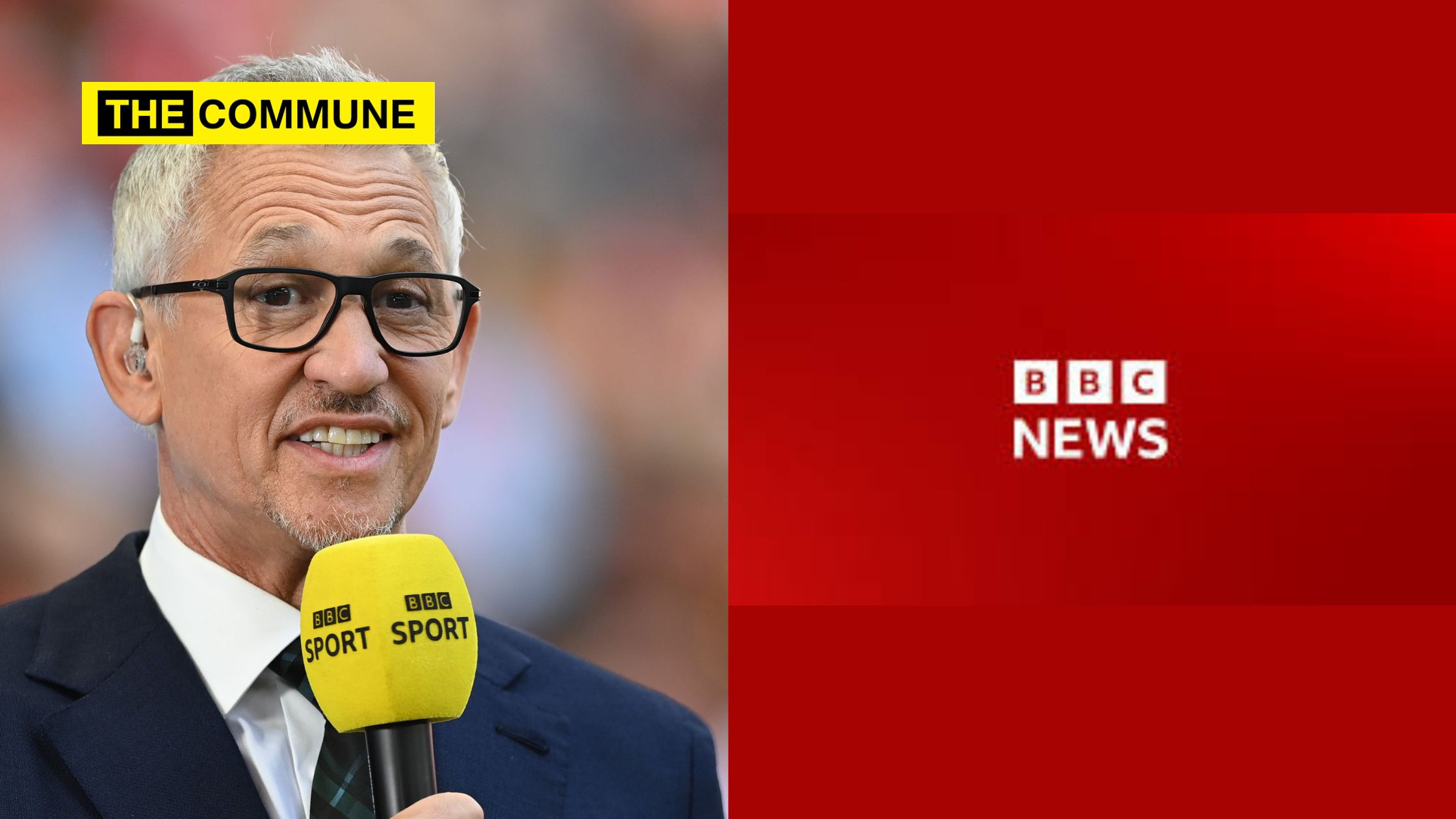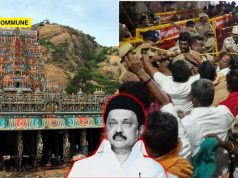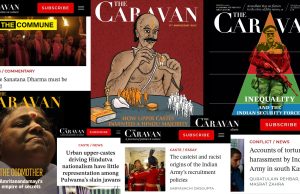
Gary Lineker, football fans might recognise, is one of the most popular and respected sports broadcasters in the UK. He has been presenting the BBC’s Match of the Day, a football highlights show, since 1999. However, he recently announced that he would “step back” from the role until an agreement is reached on his social media use.
The reason for this decision was an impartiality row that erupted over his tweets criticising the UK government’s new asylum policy.
Good heavens, this is beyond awful. https://t.co/f0fTgWXBwp
— Gary Lineker 💙💛 (@GaryLineker) March 7, 2023
The policy, which was unveiled in March 2023 by Suella Braverman, aims to deter illegal crossings and make it harder for people to claim asylum in the UK.
There is no huge influx. We take far fewer refugees than other major European countries. This is just an immeasurably cruel policy directed at the most vulnerable people in language that is not dissimilar to that used by Germany in the 30s, and I’m out of order?
— Gary Lineker 💙💛 (@GaryLineker) March 7, 2023
Lineker, who has been vocal about his support for refugees and migrants, tweeted that “There is no huge influx. We take far fewer refugees than other major European countries. This is just an immeasurably cruel policy directed at the most vulnerable people in language that is not dissimilar to that used by Germany in the 30s, and I’m out of order?”
The BBC, which claims to have strict guidelines on impartiality and social media use for its staff and contributors, said that it considered Lineker’s tweets to be a breach of its rules. It said that it had discussions with Lineker and his team in recent days, and decided that he would step back from presenting Match of the Day until a clear position on his social media use was agreed upon.
The decision sparked a backlash from football fans and celebrities who expressed their support for Lineker and his views. Some fans threatened to boycott the show, while others praised Lineker for speaking his mind.
The controversy also had an impact on the BBC’s weekend football coverage, as some pundits and commentators pulled out of their roles in protest. Jason Mohammad and Alex Scott, who were supposed to host Final Score and Football Focus respectively, refused to appear on air. The BBC said that it respected their decision.
The BBC also released a statement saying that it valued Lineker’s contribution to its football coverage and hoped to resolve the issue soon. It said that it recognised that social media was an important platform for its presenters and contributors to engage with audiences, but that it also expected them to uphold its editorial standards.
The case of Gary Lineker raises questions about how much freedom of expression/freedom of speech one is allowed to exercise. A few months back when BBC tried to release a biased documentary on Modi and the Godhra riots and it met with opposition, it gave long sermons on media freedom and the like, but like a true soldier of the British government, it did not stop and apply those principles of media freedom to its own staff.
Click here to subscribe to The Commune on Telegram and get the best stories of the day delivered to you personally.




